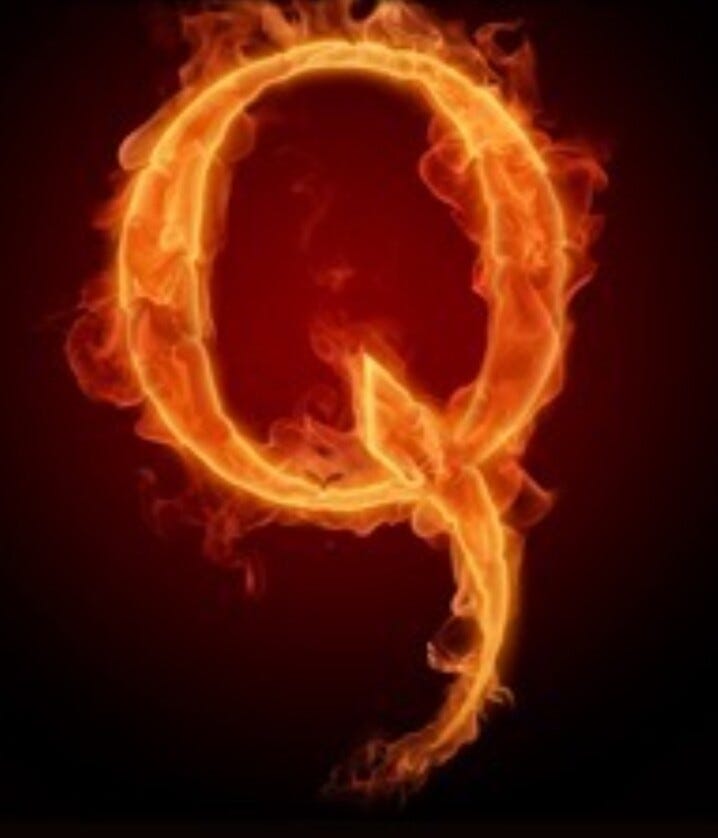Everyone can understand what the first four letters of the commonly-used LGBTQIA+ acronym stand for. The fifth letter, Q, short for queer, remains more nebulous.
What is queer? Is it another word for gay? An alternative for gender non-conforming? A homophobic slur? You’ll get a different definition depending on who you ask. However, that hasn’t stopped leading left-wing charities, organizations, and activists from appending the letter to the acronym, with largely negative consequences.
First, let’s look at the dictionary definition of the word. According to the Oxford dictionary, queer has two definitions: the first being strange or odd; the second, “denoting or relating to a sexual or gender identity that does not correspond to established ideas of sexuality and gender, especially heterosexual norms.” This allows far too much room for interpretation and could even be used to justify the inclusion of both heterosexuals and sexual deviants in the acronym.
If “queer” is simply a different way of saying “not straight”, there is no point in including it in the acronym, as everyone covered under Q would already be covered under L, G, or B. Any gender identification that does not align with a person’s biological sex, including nonbinary and agender identities, falls under T. So what is left for Q?
Some people argue that kink and polyamory fall under Q, because they are non-normative relationship and sexual practices. However, many of the people involved in those practices are heterosexual. Should heterosexuals who are into bondage be lumped into the same “community” as gay men and lesbians, who are visibly discriminated against and have been for decades? I don’t think so.
Abnormal straight relationships are still straight. Straight people of any sort should not be categorized with us just because they get up to weird stuff in the bedroom.
Another category of sexual interests that get labeled as Q are paraphilias, which are defined as “persistent and recurrent sexual interests, urges, fantasies, or behaviors of marked intensity involving objects, activities, or even situations that are atypical in nature.” Many kinks are considered paraphilias, but so are more deviant urges such as pedophilia and zoophilia. As you can see from one of the screenshots in my last Substack, some such paraphiles believe their paraphilias make them queer.
This should concern all LGB people, who have been wrongly maligned as sexual deviants for millennia, that true perverts - many of whom are not homosexual - are trying to glom onto the acronym as some sort of protective identity. Pedophilia and zoophilia are not “queer identities,” they’re disgusting sexual aberrations.
The Q serves a purpose aside from allowing more people into the acronym, and that is the creation of an artificial voting demographic. Queer can be a political identity, and the more people who buy into victimhood narratives centered around the “queer community” (though most of the related hate violence affects gay men), the more votes you can direct toward your desired candidate. Groupthink is powerful, and promoting in-group loyalty has led to a solidly left-wing coalition identifying as Q. When was the last time you saw a right-wing homosexual call themself queer?
As a gay man, my vote and mind are my own. I have nothing in common with a heterosexual female who calls herself a they/them, and trying to claim my rights and legal protections are somehow tied to TQ+ causes - as many activist organizations do - is blatantly false.
For these reasons, we need to drop the Q (not the Star Trek villain of that namesake!) LGB and T people need to assert our own respective boundaries to prevent interlopers from claiming social proximity to us or tethering us to causes that are not in our best interest.





I am putting a link to this essay into my newsletter. I think it is good you are taking an analytical approach and analyzing the agendas involved in initialism.